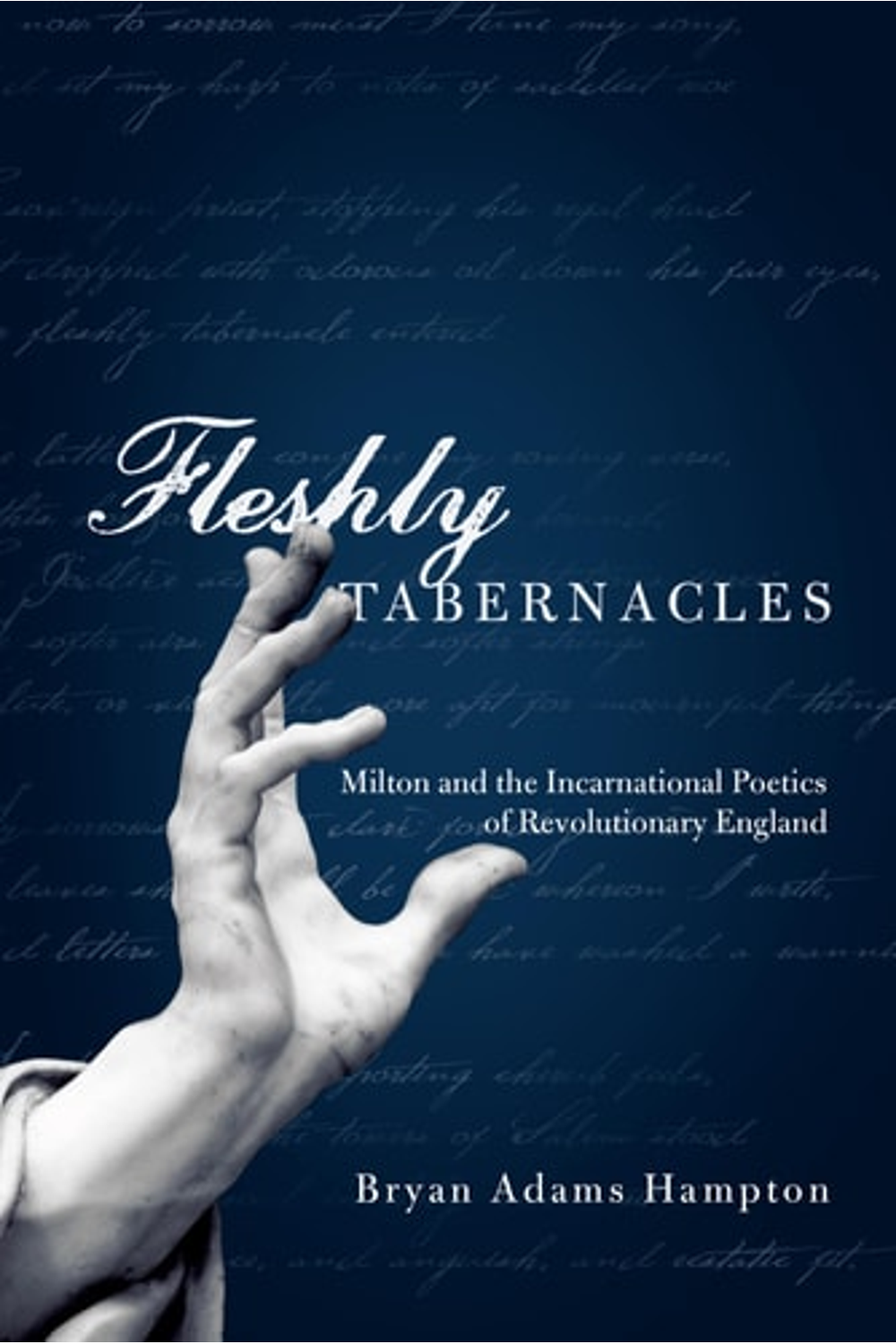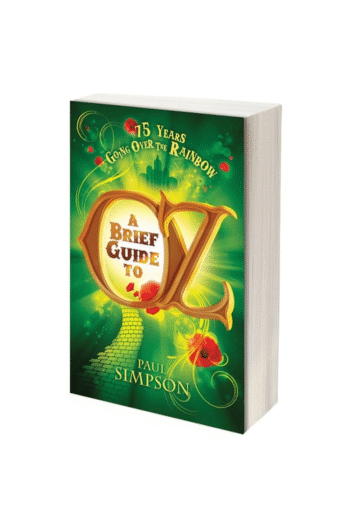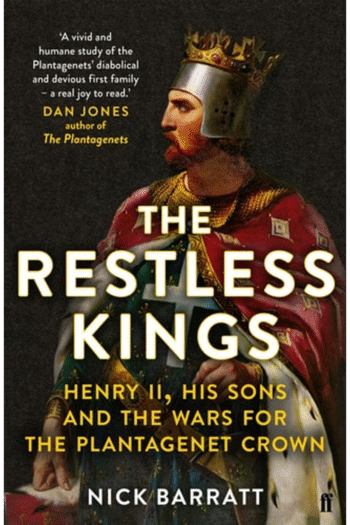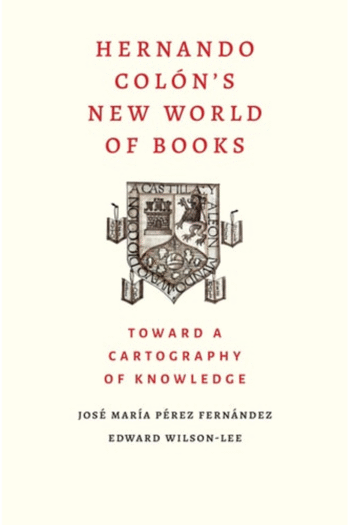Explore the intersection of theology, literature, and revolution in Bryan Adams Hampton’s *Fleshly Tabernacles: Milton and the Incarnational Poetics of Revolutionary England*. Hampton delves into John Milton’s profound engagement with the concept of the Incarnation and its impact on his poetry and political thought during the tumultuous 17th century. This compelling study, published by the University of Notre Dame Press, reveals how radical religious movements, including Ranters, Quakers, and Diggers, embraced the idea of individual believers as “fleshly tabernacles” of the divine, challenging established religious and political norms. Discover how Milton’s work reflected and contributed to this revolutionary spirit, offering a unique lens through which to understand the era’s intellectual and spiritual ferment. Perfect for scholars and readers interested in Milton, 17th-century history, and the relationship between religion and revolution.
Fleshly Tabernacles: Milton and the Incarnational Poetics of Revolutionary England
19,78 $
In stock
In Fleshly Tabernacles, Bryan Hampton examines John Miltons imaginative engagement with, and theological passion for, the Incarnation. As aesthetic symbol, theological event, and narrative picture of humanitys potential, the Incarnation profoundly governs the way Milton structures his 1645 Poems, ponders the holy office of the pulpit, reflects on the ends of speech and language, interprets sacred scripture or secular texts, and engages in the radical politics of the Civil War and Interregnum. Richly drawing upon the disciplines of historical and postmodern theology, philosophical hermeneutics, theological aesthetics, and literary theory, Fleshly Tabernacles pursues the wide-ranging implications of the heterodox, perfectionist strain in Miltons Christology. Hampton illustrates how vibrant Christologies generated and shaped particular brands of anticlericalism, theories of reading and language, and political commitments of English nonconformist sects during the turbulent decades of the seventeenth century. Ranters and Seekers, Diggers and Quakers, Fifth monarchists and some Anabaptistsmany of those identified with these radical groups proclaim that the Incarnation is primarily understood, not as a singular event of antiquity, but as a present eruption and charged manifestation within the life of the individual believer, such that faithful believers become fleshly tabernacles housing the Divine.
The perfectionist strain in Miltons theology resonated in the works of the Independent preacher John Everard, the Digger Gerrard Winstanley, and the Quaker James Nayler. Fleshly Tabernacles intriguingly demonstrates how ideas of the incarnated Christ flourished in the world of revolutionary England, expressed in the notion that the regenerated human self could repair the ruins of church and state.
| Authors | |
|---|---|
| Binding | |
| Condition | |
| ISBN-10 | 0268030960 |
| ISBN-13 | 9780268030964 |
| Language | |
| Pages | 374 |
| Publisher | |
| Year published | |
| Weight | 517 |
| Edition | First Edition |
Related products
The Restless Kings
22,85 $
- Additional information
- Currencies
- USD – United States dollar
- EUR – Euro
- GBP – Pound sterling
- CNY – Chinese yuan
- BRL – Brazilian real
- MXN – Mexican peso
- JPY – Japanese yen
- PHP – Philippine peso
- THB – Thai baht
- PLN – Polish złoty
- CAD – Canadian dollar
- MYR – Malaysian ringgit
- AUD – Australian dollar
- TWD – New Taiwan dollar
- CZK – Czech koruna
- SEK – Swedish krona
- HUF – Hungarian forint
- ILS – Israeli new shekel
- CHF – Swiss franc
- HKD – Hong Kong dollar
- DKK – Danish krone
- SGD – Singapore dollar
- NOK – Norwegian krone
- NZD – New Zealand dollar





